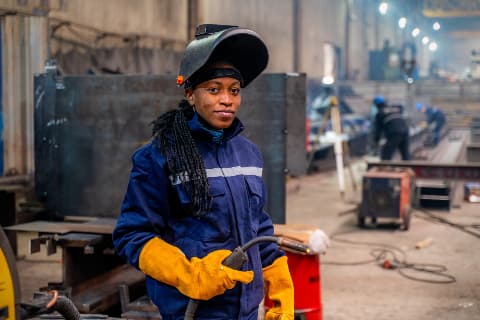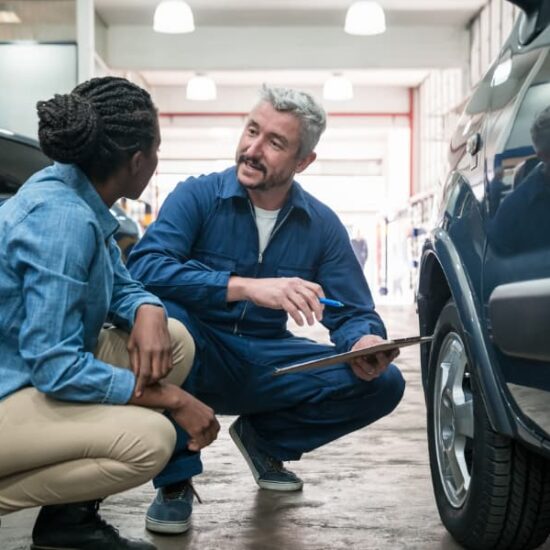How Smart Cars Change Collision Repair
The invention of smart cars has made driving easier and more convenient for people. However, these cars also come with their own set of new processes and technologies. When it comes to repairs, technicians must have specialized knowledge of smart systems. This way, they can efficiently diagnose and repair issues. This is especially true for the collision repair industry.
NYADI The College of Transportation Technology offers a Collision Repair Technology Program that provides automotive training about the inner workings of many types of vehicles, including smart cars. Here, we discuss how smart cars are changing the collision repair industry.
The Collision Repair Industry Today
Collision repair is the process of repairing vehicles after a collision or accident occurs. During collision repair, technicians work to diagnose issues and create plans to fix them. However, with the rise of smart cars and electric vehicles, the collision repair industry is changing.
Smart cars are designed with highly advanced features that protect the car and its passengers from collisions. For example, some have sensors on side mirrors or other parts that alert drivers if a vehicle is in their blind spot. Some vehicles also have automatic stop technology, which brings the car to a stop if it detects a car or object in front of it. Other car models, like Tesla, even have self-driving features.
Because smart cars are designed to prevent accidents before they occur, the collision repair industry will change. Not only will the number of accidents decrease, but it also means technicians must be highly skilled and trained in advanced systems and models.
Smart Cars and Collision Repair
In the future, students will see more changes in the courses they take. As of now, students in many automotive technology programs mostly focus on diesel and gasoline engine components. This is because these cars are still widely owned in today’s world.
However, as smart cars increase in popularity, courses will have to include lessons that cover hybrid and electric car systems. The automotive industry is always adapting and changing. In this case, that means more collision technicians will have to have extensive, specialized knowledge of smart systems.
Smart car systems are complex in that they require many different technologies, parts, and components to work efficiently. Those who graduate from an automotive program will increasingly have to be equipped with knowledge of these parts and how to fix them. Those in the job market may also start to see shifts in who is hiring and for what. For example, dealerships may complete collision repair jobs rather than individual body shops. This is because dealerships know and understand the unique technology that goes into their cars, allowing them to better diagnose and repair damages.
Additionally, workers must keep up with changes in more minuscule repairs to smart cars, like processes for painting, fixing dents, repairing doors, and the like. This is especially true for vehicles with unique car door systems, like Tesla.
Becoming a Collision Repair Technician
To become an automotive mechanic, students can take our courses offered at NYADI. We provide a Collision Repair Technology Program that can be completed in as little as thirteen months. Here, students can learn about the collision repair industry, along with the latest advancements in smart cars and processes. Throughout their courses, our experienced instructors work to prepare students to earn their ASE certification, as well as their I-CAR Platinum Certification in Non-Structural and Refinish ProLevel. We also offer factory certifications from well-known car companies across the country, including Ford and Toyota.
Our courses cover recent changes in the industry that have arrived with the introduction of smart cars. We ensure each student leaves our facility knowledgeable about advanced technologies and how to correctly diagnose and repair issues with them. After graduating from mechanic school, students can move on to hold a variety of positions in the workplace, including:
- Master collision repair technician
- Auto parts owner/manager
- Electrical/electronic systems specialist
- Automotive technician
- Braking system specialist
Enroll in Courses at NYADI
If you have a passion for cars and are looking to turn this into a career, NYADI can be a great place to start. Along with our Collision Repair Technology Program, we also offer our Truck and Diesel Service Technology Program and other academic automotive programs. We ensure each student can earn the right degree to help them move up in their career. Located in Jamaica, New York, we make it easy for students to access unique education. To learn more about our collision repair program, contact us today.



